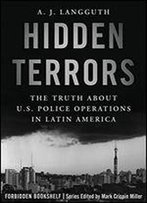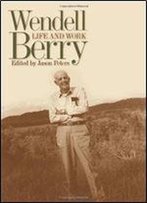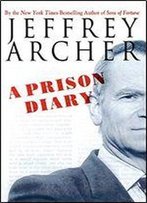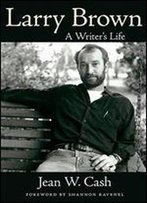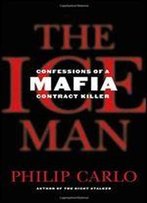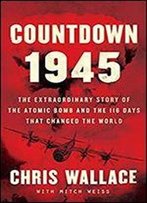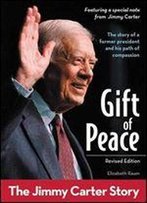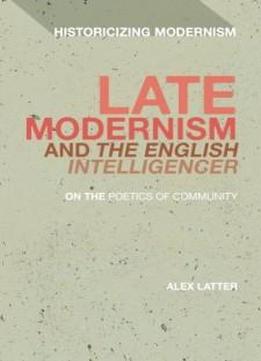
Late Modernism And 'the English Intelligencer': On The Poetics Of Community (historicizing Modernism)
by Alex Latter /
2015 / English / PDF
1.6 MB Download
Despite the brevity of its run and the diminutive size of its
audience,
Despite the brevity of its run and the diminutive size of its
audience,The English Intelligencer
The English Intelligencer is a key publication in
the history of literary modernism in the British Isles. Emerging in
the mid-1960s from a dissatisfaction with the prevailing norms of
'Betjeman's England', the young writers associated with it were
catalysed by the example of Donald Allen's
is a key publication in
the history of literary modernism in the British Isles. Emerging in
the mid-1960s from a dissatisfaction with the prevailing norms of
'Betjeman's England', the young writers associated with it were
catalysed by the example of Donald Allen'sThe New American
Poetry
The New American
Poetry as they sought to establish a revitalised modernist
poetics.
as they sought to establish a revitalised modernist
poetics.Late Modernism and The English Intelligencer
Late Modernism and The English Intelligencer
gives the first full account of the extraordinary history of this
publication, bringing to light extensive new archival material to
establish an authoritative contextualisation of its operation and
its relationship with post-war British poetry. This material
provides compelling new insights into the work of the
gives the first full account of the extraordinary history of this
publication, bringing to light extensive new archival material to
establish an authoritative contextualisation of its operation and
its relationship with post-war British poetry. This material
provides compelling new insights into the work of theIntelligencer
Intelligencer poets themselves and, more broadly, the
continued presence of an international poetic modernism as a vital
force in Britain in the second half of the twentieth century.
poets themselves and, more broadly, the
continued presence of an international poetic modernism as a vital
force in Britain in the second half of the twentieth century.
